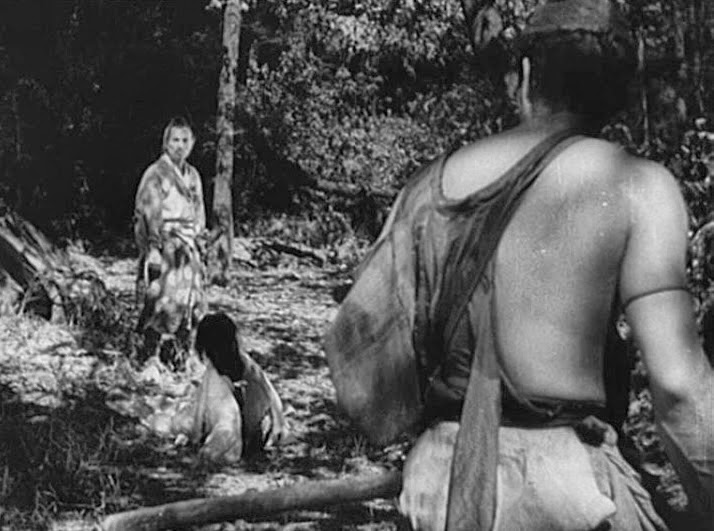"This is total rashomon . . ."
I tripped over this phrase in an article by Mike Fleming Jr. on the Yahoo television news site. Mr. Fleming's article is about why the Today show dropped an interview with actress Amy Adams.
This is the first time I've ever seen a film title used as a common noun. When I read this I wondered if the great Kurasowa's movie title was becoming genericized like Kleenex and Xerox, each word often used for any kind of tissue or photocopying. We are currently taught to capitalize both of those trade names but what about past proper names like Draconian (named after a tough-minded Greek law maker named Draco), aspirin (a name trademarked by Bayer), or frisbee (trademarked by Wham-O)? Over time certain proper nouns have the rough nub of their capitalization rubbed off through overuse. (For an interesting discussion of the question Boolean or boolean and other common/proper confusions you should check out the English Language and Usage Stack Exchange.)
I had not realized that this downgrading to the common had become true of Rashomon, one of the most powerful films ever made. (Bad print available for free download from Internet Archives.) But in my morning's Googling (or should that be googling?) I found a reference to lower case "rashomonism." In 2002 Oregon Film reviewer D. K. Holm wrote in his review of the Criterion Collection re-release of Rashomon on DVD:
 "Rashomon — and, as it were, rashomonism — is now so embedded in the filmic culture that it's hard to imagine how much a revelation the film was when it was released in the west in 1951, after it won a prize at the Venice Film Festival and before it went on to win an Oscar for Best Foreign Film."
"Rashomon — and, as it were, rashomonism — is now so embedded in the filmic culture that it's hard to imagine how much a revelation the film was when it was released in the west in 1951, after it won a prize at the Venice Film Festival and before it went on to win an Oscar for Best Foreign Film."The core concept of the film -- the multiperspectival aspect of shared memory - has lead folks at the University of California to create a socially conscious site named for the film: The Rashomon Project: An open source tool-kit for assembling and analyzing multi-perspective video timelines.
Which all leaves me to wonder what other films titles will become common nouns? They will have to be one word titles, of course. Will people ever come to say, "I was casablancaed on that one" to mean, "I wasn't surprised" or "we have a shared past that we'll always remember? No, I think not. We shall instead say, "I was shocked, SHOCKED" or "We'll always have Paris."
Are there any other film titles that could lose their proper noun status? If you can think of any, let me know!
